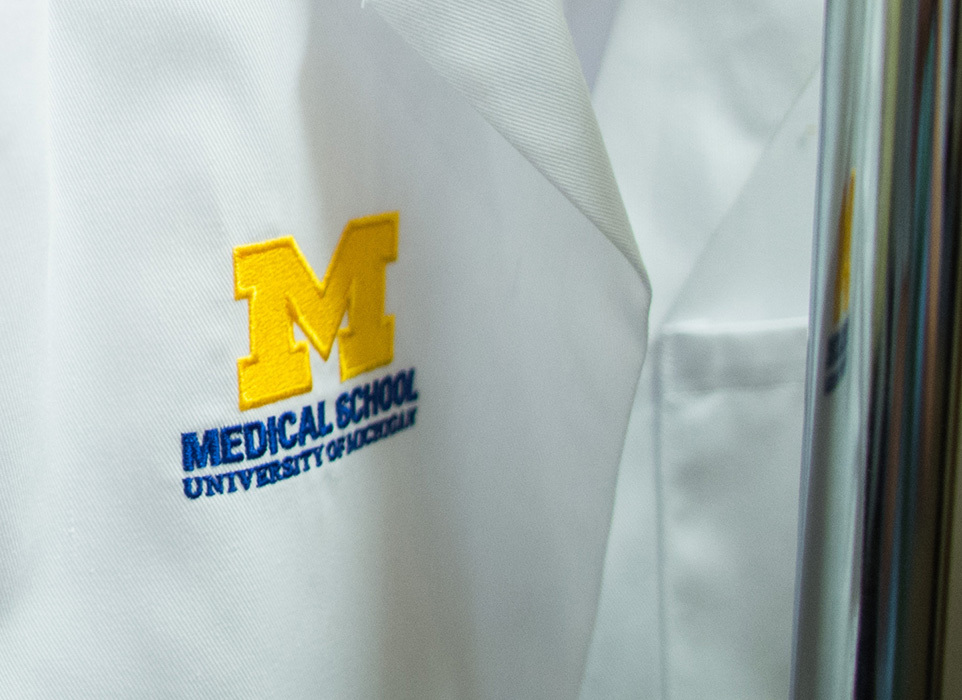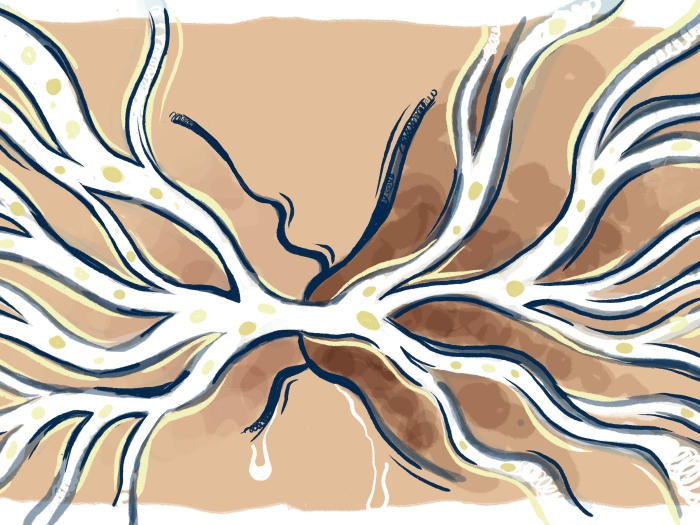
Available to mentor

Dr. Padmanabhan earned her Bachelor’s degree in Biology and Chemistry from the University of Mysore, Master’s degree in Biology from the University of Bangalore, PhD degree in Cytogenetics from the Indian Institute of Science, and completed postdoctoral training in Cytogenetics and Reproductive Endocrinology at Ohio State and Michigan State Universities. She started her faculty career at the University of Michigan where she is now Professor Emerita (in service) of Pediatrics, Obstetrics and Gynecology, Molecular and Integrative Physiology, and Environmental Health Sciences. Dr. Padmanabhan has made exceptional scientific contributions, trained dozens of clinician-scientists and basic researchers, published over 200 peer-reviewed papers. Continuously funded by the National Institutes of Health since 1988, her translational discoveries of the mechanisms governing 1) developmental programing of reproductive/metabolic deficits with maternal-to-fetal implications for polycystic ovary syndrome (PCOS)/metabolic syndrome, 2) amplification of severity of PCOS phenotype by postnatal obesity, 3) transmission of PCOS traits across generations, 4) induction of lipotoxicity at peripheral sites, and 5) the impact of fetal exposure to endocrine disrupting chemicals, have been crucial in our understanding of the increases in non-communicable diseases. She was Project Director in NICHD U54 fertility center, PI of NICHD P01, co-PI of an NIEHS-EPA P01, and Associate Director of leader of Research Program in NIEHS P30 Center, and MPI of an NIDDK T32 training grant. Dr. Padmanabhan’s scientific contributions and reputation are recognized worldwide.
-
PhDIndian Institute of Science Bangalore, Bengaluru
-
M.SUniversity of Bangalore, India
-
B.S.University of Mysore, India
-
Center MemberCaswell Diabetes Institute
-
Center MemberGlobal REACH
-
Center MemberSamuel and Jean Frankel Cardiovascular Center
Translational research centered on understanding the developmental origin of pubertal and adult reproductive and metabolic disorders. Specifically, our studies focus on the impact of maternal exposure to native steroids (testosterone, estradiol) and environmental endocrine disrupting pollutants such as bisphenol-A and phthalates in altering developmental trajectory of fetus and programming adult diseases. Utilizing integrative approaches ranging from cell and molecular biology as well as in vitro systems to whole animal physiology and human translation we seek to understand the mechanisms by which native and environmental steroids program reproductive neuroendocrine, ovarian and metabolic defects such as that seen in hyperandrogenic disorders like Poly Cystic Ovarian Syndrome (PCOS) and identify prevention and treatment strategies.
-
Ghasemzadeh Hasankolaei M, Evans NP, Elcombe CS, Lea RG, Sinclair KD, Padmanabhan V, Bellingham M. Environ Res, 2024 Nov 5; 264 (Pt 1): 120303Journal ArticleIn-utero exposure to real-life environmental chemicals disrupts gene expression within the hypothalamo-pituitary-gonadal axis of prepubertal and adult rams.
DOI:10.1016/j.envres.2024.120303 PMID: 39510237 -
Petroff RL, Dolinoy DC, Padmanabhan V, Goodrich JM. Epigenet Rep, 2024 2 (1): 1 - 7.Journal ArticleCharacterizing DNA Methylation and Hydroxymethylation in Cord Blood and Identifying Sex-Specific Differences using the Illumina EPIC Array.
DOI:10.1080/28361512.2024.2427955 PMID: 39610770 -
Rabotnick MH, Haidari A, Dolinoy DC, Meijer JL, Harris SM, Burant CF, Padmanabhan V, Goodrich JM. Environ Res, 2024 Dec 15; 263 (Pt 3): 120183Journal ArticleEarly pregnancy serum PFAS are associated with alterations in the maternal lipidome.
DOI:10.1016/j.envres.2024.120183 PMID: 39426451 -
Thangaraj SV, Ghnenis A, Pallas B, Vyas AK, Gregg B, Padmanabhan V. Sci Rep, 2024 Mar 28; 14 (1): 7401Journal ArticleComparative lipidome study of maternal plasma, milk, and lamb plasma in sheep.
DOI:10.1038/s41598-024-58116-5 PMID: 38548847 -
Saadat N, Pallas B, Ciarelli J, Vyas AK, Padmanabhan V. Sci Rep, 2024 Mar 14; 14 (1): 6230Journal ArticleGestational testosterone excess early to mid-pregnancy disrupts maternal lipid homeostasis and activates biosynthesis of phosphoinositides and phosphatidylethanolamines in sheep.
DOI:10.1038/s41598-024-56886-6 PMID: 38486090 -
Greenwell S, Jones A, Smith YR, Marriott D, Aikens JE, Padmanabhan V, Saslow LR. Trials, 2024 Nov 9; 25 (1): 750Journal ArticleProtocol for a randomized comparative effectiveness trial comparing a very low-carbohydrate diet to DASH diet for polycystic ovary syndrome: the SUPER (Supporting Understanding of PCOS Education and Research) trial.
DOI:10.1186/s13063-024-08583-y PMID: 39516828 -
Razan R, Woo KV, Bernal D, Padmanabhan V, Vyas A. Circulation, 2024 Nov 12; 150 (Suppl_1): a4120290 - a4120290.Journal ArticleAbstract 4120290: Sex-specific Impact of Early to Mid-gestational Testosterone Excess on Sheep Fetal and Adult Offspring Lungs
DOI:10.1161/circ.150.suppl_1.4120290 -
Alkhatib B, Elangovan VR, Cho K, Shriver L, Patti G, Padmanabhan V, Vyas A. Circulation, 2024 Nov 12; 150 (Suppl_1): a4121970 - a4121970.Journal ArticleAbstract 4121970: Early to Mid-Gestational Testosterone Excess Sex-specifically Reprograms Cardiac Transcriptome and Metabolome Profiles of Sheep Fetuses
DOI:10.1161/circ.150.suppl_1.4121970
